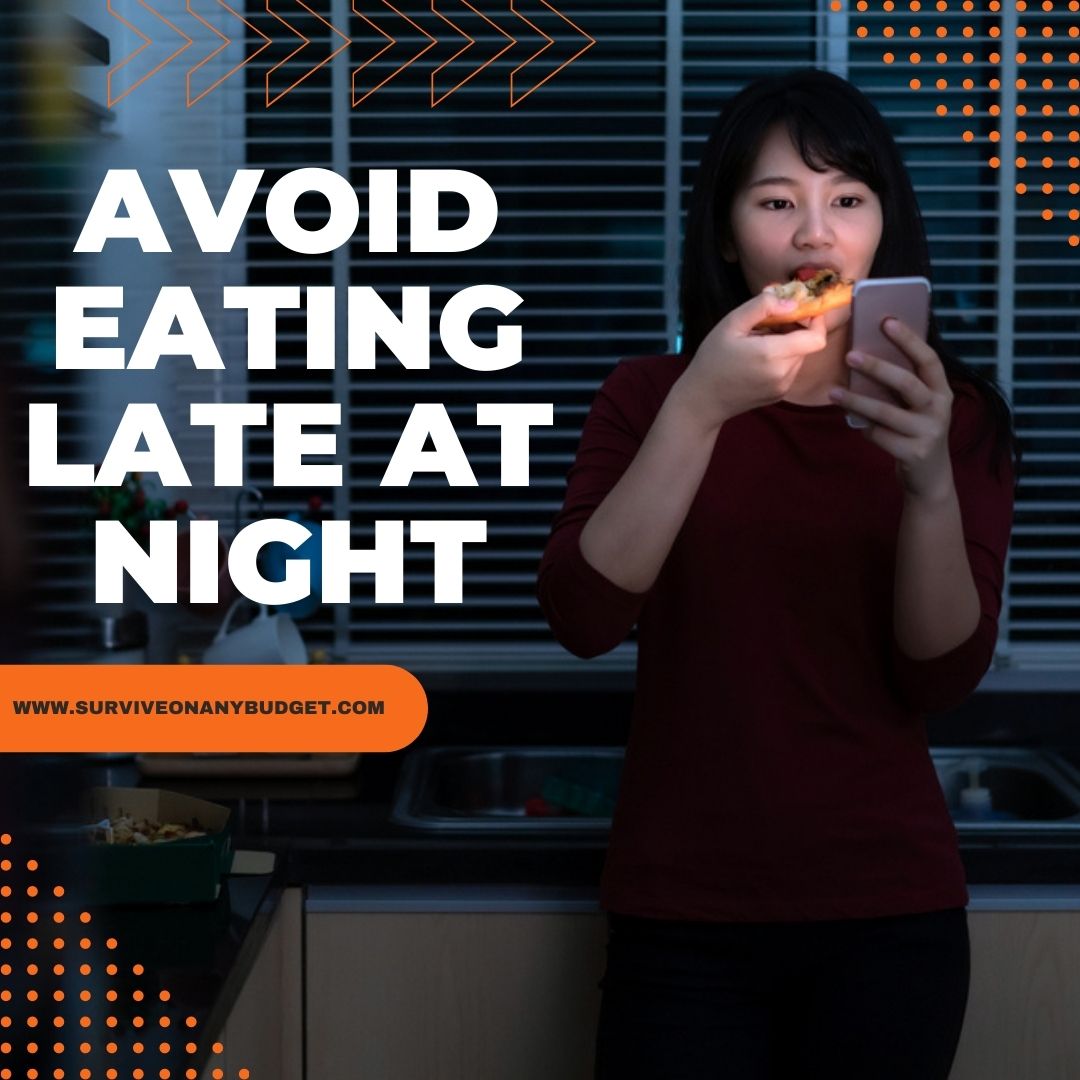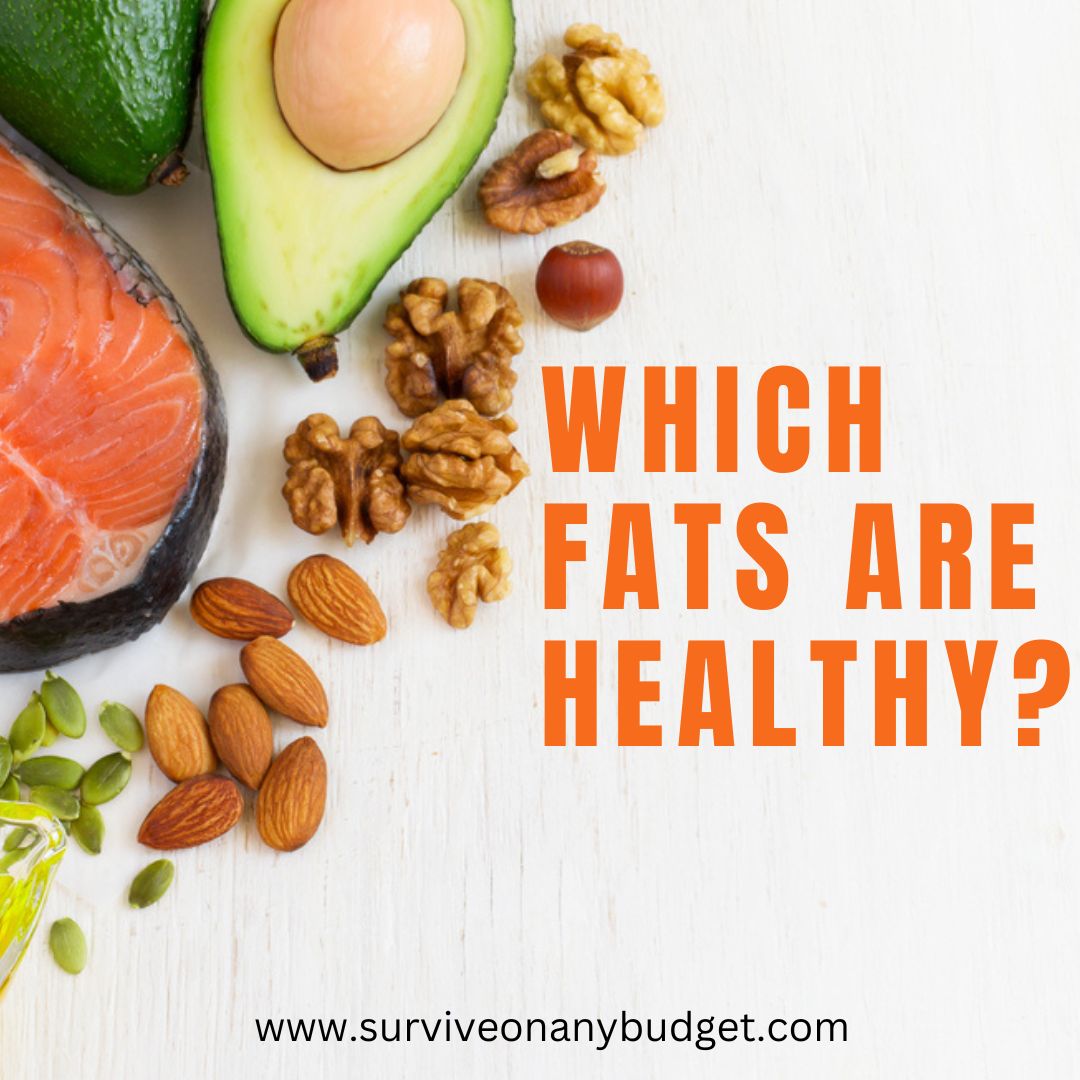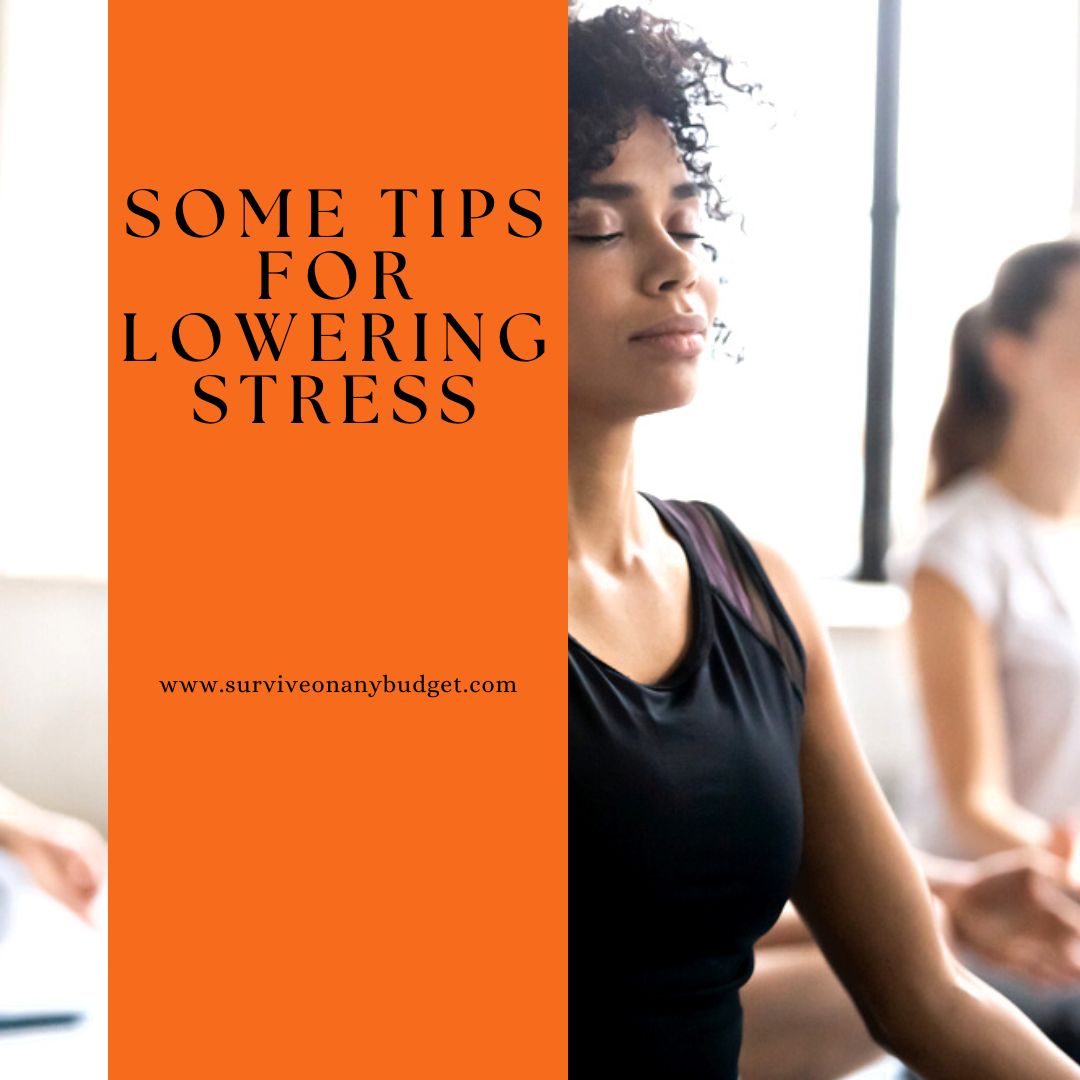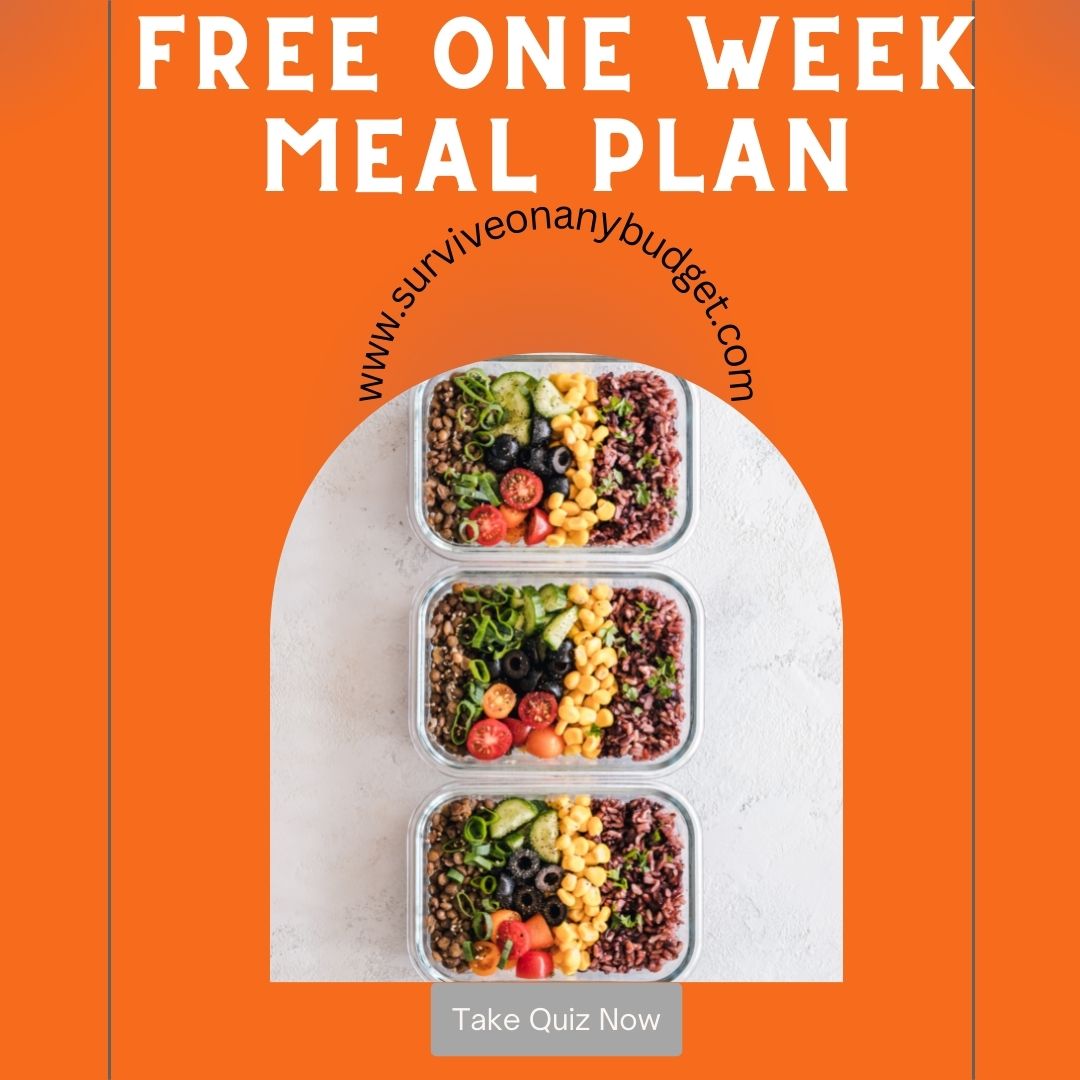11. How much water should I drink a day while trying to lose weight?
There isn’t a definitive answer to this question since everyone’s bodies are different. However, a general rule of thumb is to drink eight 8-ounce glasses of water per day. This amounts to 64 ounces, or half a gallon.
Drinking water can help you lose weight in several ways. First, it boosts your metabolism and helps your body burn more calories. Second, it helps keep you feeling full so you’re less likely to snack on unhealthy foods. Finally, it flushes out toxins and excess water weight from your body.
While 64 ounces is a good starting point, you may need to drink more or less depending on how active you are and the climate you live in. If you perspire a lot or live in a hot climate, for example, you’ll need to drink more water to stay hydrated. On the other hand, if you don’t exercise much or live in a cooler climate, you might be able to get away with drinking slightly less water.
If you’re not used to drinking 64 ounces of water per day but want to try it out to see if you’ll lose weight , start by gradually increasing your intake over the course of a week or two . Drink an extra glass or two each day until you reach your goal . And be sure to motivate yourself by carrying around a reusable water bottle with you wherever you go !
12. Why should I eat a high fiber diet?
There are many reasons to eat a high fiber diet. Fiber helps with weight loss, lowers cholesterol and blood sugar levels, and prevents constipation. Fiber is found in fruits, vegetables, whole grains, and legumes.
Fiber is beneficial for weight loss because it helps you feel full longer. When you feel full, you are less likely to overeat. Fiber also slows down the absorption of sugar into the bloodstream, which helps to regulate blood sugar levels. High fiber diets have been shown to lower LDL (bad) cholesterol levels and raise HDL (good) cholesterol levels.
Fiber is also important for preventing constipation. When you consume enough fiber, it adds bulk to your stool and makes it easier to pass. This can help to reduce your risk of developing hemorrhoids or other intestinal disorders.
13. What are some good sources of protein for a weight loss diet?
Protein is a macronutrient that is essential for many functions in the body, including growth and repair of tissues, production of enzymes and hormones, and maintenance of fluid balance. It is also a key component of weight loss diets as it helps to promote satiety and can help to preserve muscle mass during periods of energy restriction.
There are many sources of protein that can be included in a weight loss diet, such as lean meats, poultry, fish, eggs, dairy products, legumes, nuts and seeds. In general, it is recommended to choose protein sources that are low in fat and calories.
- For example, lean cuts of meat or skinless chicken breasts are good choices.
- When choosing dairy products such as milk or yogurt, opt for low-fat or non-fat varieties.
- Eggs are another good source of protein that can be included in a weight loss diet; they can be cooked in various ways (e.g., scrambled, boiled) and are versatile enough to be used in many different recipes.
- Legumes such as beans and lentils are also excellent sources of protein; they are usually low in fat and calories and high in fiber which helps to promote satiety.
- Finally, nuts and seeds make excellent snacks or additions to meals; they are high in protein but should be consumed in moderation due to their high fat content.
14. What are some tips for eating out while trying to lose weight?
If you’re trying to lose weight, eating out can be a challenge. Here are some tips to help you stay on track:
1. Plan ahead. If you know you’ll be dining out, make sure to eat lighter earlier in the day so you’re not too famished by the time your meal arrives.
2. Order smart. Avoid temptation by avoiding high-calorie starters and desserts, and opting for leaner protein options and plenty of veggies.
3. Pace yourself. It’s easy to overeat when everything tastes so good, but try to take your time and savor each bite instead of scarfing down your food.
4. Avoid alcohol. Not only is alcohol calorie-dense, but it can also lower your inhibitions and lead to poor food choices.
5. Get up and move. If you can, try to take a walk after your meal to help boost your metabolism and burn off some of those extra calories.
15. Should I avoid eating late at night if I want to lose weight?
If you’re trying to lose weight, you may want to avoid eating late at night. Studies have shown that people who eat late at night are more likely to be overweight or obese than those who don’t. Late-night eating has also been linked to other health problems, such as type 2 diabetes and heart disease.

There are a few reasons why late-night eating may lead to weight gain. For one, people who eat late at night tend to eat more calories than those who don’t. Late-night eaters are also more likely to make unhealthy food choices, such as high-fat and high-sugar foods. And finally, people who eat late at night tend to have trouble sleeping, which can lead to weight gain.
If you’re trying to lose weight, it’s best to avoid eating late at night. Stick to healthy meals and snacks during the day, and save your calories for when you’re actually hungry.
16. What is the best way to track my calories and/or macros when trying to lose weight?
When it comes to weight loss, tracking your calories and macros can be extremely helpful. By knowing how many calories you’re consuming and how many grams of protein, fat, and carbohydrates you’re eating, you can better gauge whether or not you’re on track to reach your weight loss goals.
There are a few different ways to track your calories and macros. One option is to use a food journal or app like MyFitnessPal. This can be helpful in terms of getting an accurate idea of how many calories you’re consuming on a daily basis.
Another option is to work with a registered dietitian or nutritionist who can help you come up with an appropriate meal plan based on your specific goals. This option can be especially helpful if you have any dietary restrictions or food allergies that need to be taken into account.
No matter which method you choose, tracking your calories and macros can be a valuable tool in helping you lose weight in a healthy way.
17. How much protein should I eat a day when trying to lose weight?
Protein is an essential nutrient for our bodies and plays a role in many bodily functions. It is also necessary for the maintenance of lean muscle mass. When trying to lose weight, it is important to include protein in your diet as it can help you feel fuller for longer and prevent you from snacking on unhealthy foods.
How much protein you need to eat each day will depend on your weight, activity level and goals. The general recommendation is 0.36 grams per pound of body weight, or about 56 grams per day for a sedentary person. If you are more active, you may need up to 0.73 grams per pound of body weight, or about 116 grams per day. And if you are trying to lose weight, you may need even more protein – up to 1 gram per pound of body weight, or about 143 grams per day.
Not sure how to get that much protein into your diet? Start by adding protein-rich foods at every meal and snack. Good sources of protein include lean meats, poultry, fish, beans and legumes, tofu, eggs, low-fat dairy products and nuts/seeds. You can also find proteins powders which can be mixed with water or milk for a quick and easy snack or meal replacement shake
Some people believe that cutting carbs is the key to weight loss, but this isn’t necessarily true. While you do need to watch your carb intake if you want to lose weight, carbs are not the enemy – and they can actually help fill you up and give you lasting energy throughout the day. So don’t be afraid to include some healthy carbs in your diet along with plenty of protein!
18. What are some good fats to eat when trying to lose weight?
When it comes to losing weight, many people think they need to avoid all fats. However, this isn’t the case. There are actually good fats that can help with weight loss.

Monounsaturated fats and polyunsaturated fats are two types of good fats. These types of fats can help to improve cholesterol levels and reduce inflammation. Good sources of monounsaturated fats include olive oil, avocados, and nuts. Good sources of polyunsaturated fats include fatty fish, such as salmon, and seeds.
Another type of good fat is conjugated linoleic acid (CLA). CLA is found in dairy products and red meat. It’s been shown to help reduce body fat and increase muscle mass.
So, if you’re trying to lose weight, make sure you include these good fats in your diet.
19. What are some tips for reducing stress while trying to lose weight?
If you’re trying to lose weight and feeling stressed, here are a few tips to help you stay on track:

1. Set realistic goals. Trying to lose too much weight too quickly is a recipe for disaster. Not only is it difficult to sustain, but it can also be dangerous. Set realistic goals that you can gradually work towards without putting your health at risk.
2. Don’t deprive yourself. Depriving yourself of food is one of the quickest ways to set off stress-eating habits. When you’re trying to lose weight, allow yourself some indulgences now and then. This will help keep your cravings in check and prevent you from feeling deprived.
3 .Exercise regularly . Exercise is a great way to relieve stress and promote weight loss .Aim for 30 minutes of moderate activity most days of the week .If you don’t have time for a traditional workout ,try incorporating activity into your daily routine by taking brisk walks or going for a bike ride .
4 .Get enough sleep . Lack of sleep can lead to increased levels of the stress hormone cortisol , which can sabotage your weight-loss efforts .Try to get seven to eight hours of sleep every night .
5 .Eat mindfully . Pay attention to what you’re eating and how it makes you feel . Avoid eating when you’re not hungry or when you’re feeling emotional . This can help prevent overeating and make your weight-loss journey more enjoyable .
20. What should I do if I plateau while trying to lose weight?
If you find yourself stuck at a weight-loss plateau, don’t despair. Here are some tips to get you moving again:
1. Review your diet. Are you still eating the same foods and amounts as when you started trying to lose weight? If so, it’s time for a change. Mix things up by adding new foods or substituting different ones. And be sure to watch your portion sizes; it’s easy to overeat even healthy foods.
2. Up your exercise intensity. If you’ve been exercising at the same level for awhile, it’s time to step things up a notch. Add some variety to your routine and make sure you’re challenging yourself physically.
3. Get more sleep. Lack of sleep can sabotage weight loss efforts by affecting hormones that control hunger and fullness signals in the brain. Make sure you’re getting enough shuteye each night (aim for 7-8 hours).
4. Drink more water . Dehydration can lead to fatigue, which in turn can make working out feel harder than it really is. Drinking plenty of fluids will help keep you hydrated and motivated to exercise regularly.
5. Take a break. If you’ve been dieting and exercising religiously and still not seeing results, it might be time to take a step back and reassess your approach. Sometimes our bodies need a break from all the hard work in order to reset and start fresh.

If you‘re looking to lose weight, our weight loss meal plan is just what you need! It‘s designed to help you drop pounds quickly and safely, while still eating delicious food. Plus, it‘s easy to follow and affordable. So what are you waiting for? Give it a try today!



